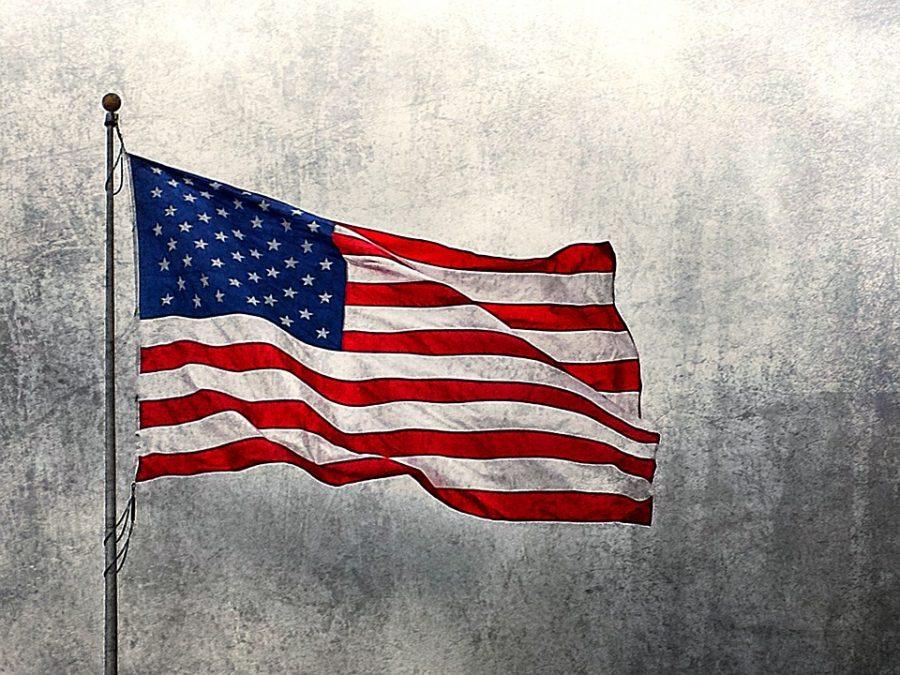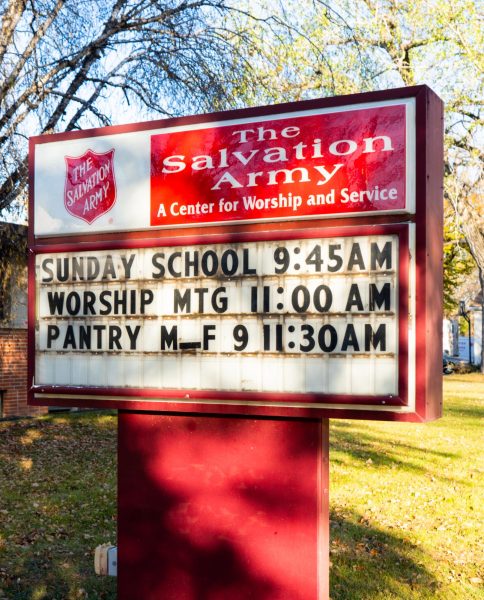Interpreting the signals, respect for symbolism
More insight on the reaction of Americans concerning Kaepernick’s decision to take a seat
Article by Cody Deitz, a contributing writer
Once again a professional athlete has seized his opportunity to stand—or, sit—on his soapbox. Colin Kaepernick is the most recent in a long line of athletes to use their platform to express a political opinion. As you surely know by now, as it’s been on endless repeat in the news cycle, Kaepernick refused to stand during the national anthem, and subsequently reported that he could not stand for a flag that in his eyes represented racial oppression and police brutality. I can’t blame him, or any of the other athletes, for taking his chance to say something. I’ve taken advantage of smaller audiences to say less.
Of obvious interest is the fact that the freedom he’s asserting is the very freedom most people associate with that flag, which makes Kaepernick’s actions seem ignorant or needlessly petulant to many. In his recent piece here in the Dakota Student, Stewart Eidson acknowledges Kaepernick’s right to remain seated, though disagrees with his choice, and I find that I feel similarly (though I am generally irritated by outspoken athletes). And more than whether we agree or disagree with Kaepernick’s actions, or the cultural narrative he argues justifies those actions, I’m interested in the ways this ephemeral blip on the culture radar has revealed how we think about signs and symbols, and how arbitrary and subjective those ways can be.
A sign or symbol, of course, derives its power from its communal recognition; a private symbol, in other words, isn’t much of a symbol at all. And in many ways, a national flag is the ultimate symbol. It feels graceful and enduring, though a quick stroll through 20th century history reveals quickly how fleeting a flag—to say nothing of the nation for which it stands—can be. And much like the shifting designs and meanings themselves, how we think of the flag is continually being recontextualized.
Old Glory, for example, has meant countless things to countless people throughout our country’s relatively short history. In the contemporary moment, it might certainly stand for police brutality. It might stand for drone strikes overseas. It might stand for continuous war. It might also stand for disaster relief, or freedom from extremist oppression, or safe haven from totalitarian governments. Within the confines of our own national history, the flag has been flown by Union soldiers, black and white, fighting to defend self-determination, and it’s also been flown by members of the Ku Klux Klan fighting for their own perverted sense of the same.
The meaning of a sign or symbol, while in a sense collectively determined or recognized, is eternally slippery and subjective. This is because a symbol invariably does its work by gesturing to other symbols. In the case of our national flag, it gestures toward notions of liberty, independence, and unity, but what sense of liberty? What manner of independence? Unity of whom, and for what?
All this is to say that we might take advantage of Kaepernick’s urge toward political commentary as an opportunity to reflect on the signs and symbols that surround us—and be especially investigative of those we cherish. Especially as students, we must seize every opportunity to cultivate our habits of inquiry and critique, especially in regards to our own beliefs.
I am not, to be clear, attempting to make the argument that signs and symbols are useless in their inherent arbitrariness; rather, I think their nature as relative gives them great power. We must, then, be willing always to question and investigate that power, and be aware of its presence lest it become powerful ideology—a system of thought we no longer recognize as such.
So when we criticize Kaepernick for refusing to stand for the national anthem, we must be sure of our reasons—and “because it’s our national anthem” is the worst and least supportable of these reasons. Ultimately, for me, at least, I couldn’t care less what a professional athlete thinks—I’m captivated, though, by how something like Kaepernick’s Bartleby moment contributes to our national conversation, and how little conversation is actually there.







